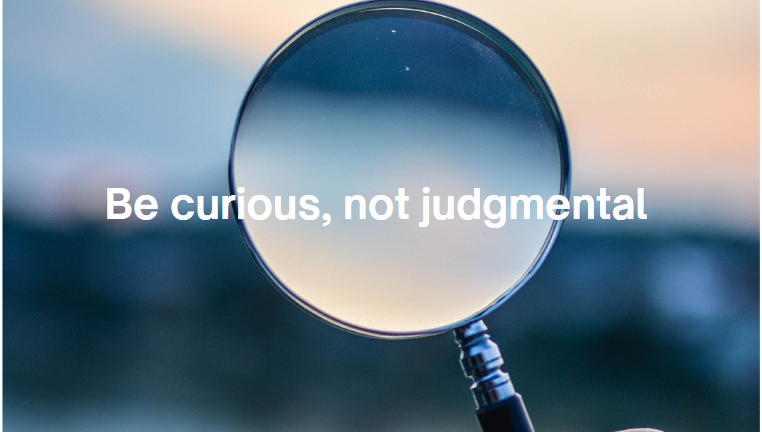The Power of Curiosity

Curiosity is a fundamental human trait that drives learning, growth, and innovation. Yet, as we age, our willingness to explore and try new things diminishes significantly. This blog explores the importance of maintaining a curious mindset throughout life and offers practical advice on how to cultivate and harness the power of curiosity in both personal and professional settings.
The Decline of Curiosity
Research indicates that our inclination to try new things declines as we grow older.
- Before the age of 7, the number of times you are willing to try something new in a day is 15
- By age 15, it’s 3
- By age 20, it’s 1
This decline is concerning because curiosity is closely linked to creativity and problem-solving abilities.
The Value of Curiosity
Curiosity is not just beneficial for personal development; it also has significant professional advantages. Embracing curiosity in the workplace can lead to better client relationships, enhanced team collaboration, and continuous learning and improvement.
Be Curious, Not Judgmental

A powerful phrase often associated with curiosity is “Be curious, not judgmental.” While the origin of this quote is debated, its message is clear: approaching situations with an open and inquisitive mindset rather than a judgmental one can lead to more positive outcomes.
Curiosity in Client Interactions
In professional settings, being curious can improve interactions with clients and team members. For instance, during a training on emotional intelligence, we discussed the importance of being aware of others’ perspectives
Cultivating Curiosity
To harness the power of curiosity, it’s essential to adopt certain practices:
- Ask Questions: Constantly seek to understand more by asking questions. This demonstrates genuine interest and opens up new avenues for learning.
- Listen Actively: Pay close attention to responses and resist the urge to formulate your next question or statement while the other person is speaking.
- Embrace Diverse Perspectives: Engage with people from different backgrounds and with varied viewpoints. This enriches your understanding and fosters innovative thinking.
- Learn Continuously: Make a habit of learning new things regularly. This keeps your mind sharp and your curiosity alive.
- Stay Open: Be open to new experiences and ideas, even if they seem challenging or uncomfortable.
Overcoming Barriers to Curiosity

Curiosity requires courage because it involves venturing into the unknown and facing the possibility of failure. Many people avoid being curious due to fear of not being good at something or the uncertainty of new experiences. However, much like seven-year-olds who lack fear of failure and view mistakes as learning opportunities, we too can adopt a similar mindset.
The Example of Generative AI
Generative AI is an area where curiosity can lead to significant advancements. With 87% of companies recognizing the potential value of AI, there is a clear demand for innovation in this field. By approaching AI with the curiosity of a seven-year-old, free from fear of failure, we can unlock new possibilities and drive progress.
Embrace Curiosity
In both personal and professional life, maintaining a curious mindset is crucial. Whether interacting with clients, collaborating with team members, or exploring new technologies, being curious can lead to richer experiences and greater achievements. So, take a page from the book of a seven-year-old: approach the world with curiosity, embrace the unknown, and never stop learning, continue to foster curiosity in our lives and work.